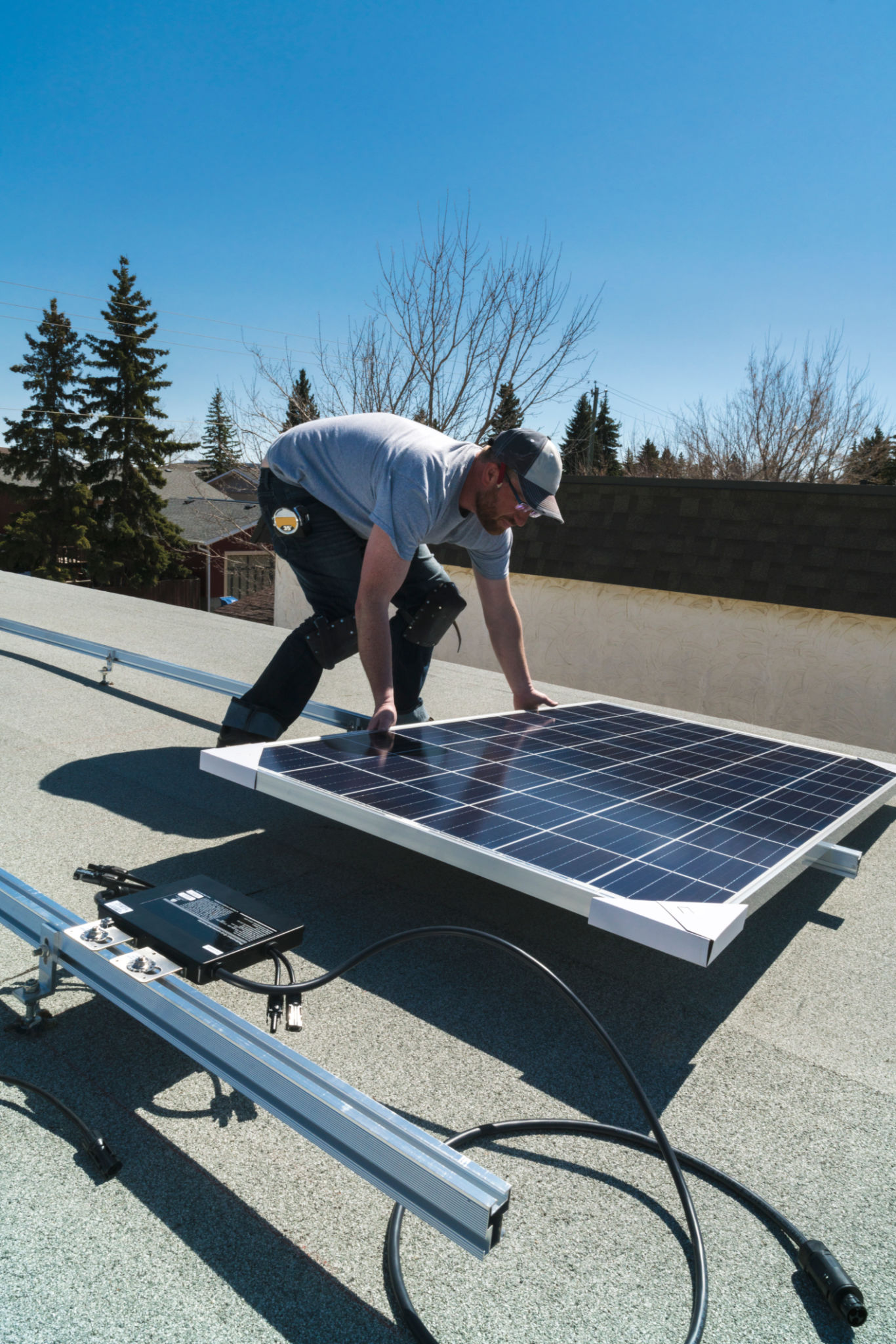Expert Tips: Avoiding Common Mistakes When Installing Solar Panels
Understanding Your Energy Needs
Before embarking on the installation of solar panels, it's crucial to have a clear understanding of your household's energy requirements. This involves calculating your current energy consumption and anticipating any future changes. By doing so, you can determine the appropriate size and number of solar panels needed to meet your needs efficiently.
It's also essential to consider the geographical location of your home and its exposure to sunlight. Homes in sunnier regions may require fewer panels compared to those in areas with less sunlight throughout the year.

Choosing the Right Solar Panels
Not all solar panels are created equal. When selecting solar panels, pay attention to factors such as efficiency, durability, and warranty. Efficient panels may cost more initially but can save money in the long run by generating more electricity.
Additionally, ensure that the panels you choose are certified and tested for quality and performance. This will help avoid issues related to poor materials or manufacturing defects.

Working with Qualified Installers
One of the most common mistakes homeowners make is opting for cheaper, inexperienced installers. Hiring a qualified and experienced installer is crucial for ensuring a safe and effective installation process. Look for installers who are certified by recognized industry bodies and have a track record of successful installations.
Proper Placement and Positioning
The placement and positioning of solar panels can significantly impact their efficiency. Panels should be installed in a location that receives maximum sunlight throughout the day, free from obstructions like trees or nearby buildings.
In addition, consider the tilt angle of the panels. The optimal angle depends on your geographical location and can influence the amount of energy generated.

Regular Maintenance and Monitoring
Even after installation, regular maintenance is essential to keep your solar panels functioning at their best. Cleaning the panels periodically and checking for any damage can prevent a drop in efficiency.
Furthermore, investing in a monitoring system can help track the performance of your solar panels, allowing you to identify and address any issues promptly.
Navigating Permits and Regulations
Before installation, ensure that you have all the necessary permits and have adhered to local regulations regarding solar panel systems. Failing to do so can result in fines or even require you to remove the panels altogether.
It's advisable to consult with local authorities or your installer to understand specific requirements in your area, which can vary significantly from one region to another.

By keeping these expert tips in mind, you can avoid common pitfalls and ensure a smooth transition to solar energy. Proper planning, choosing the right equipment, and working with experienced professionals are key steps in reaping the full benefits of solar power for your home.